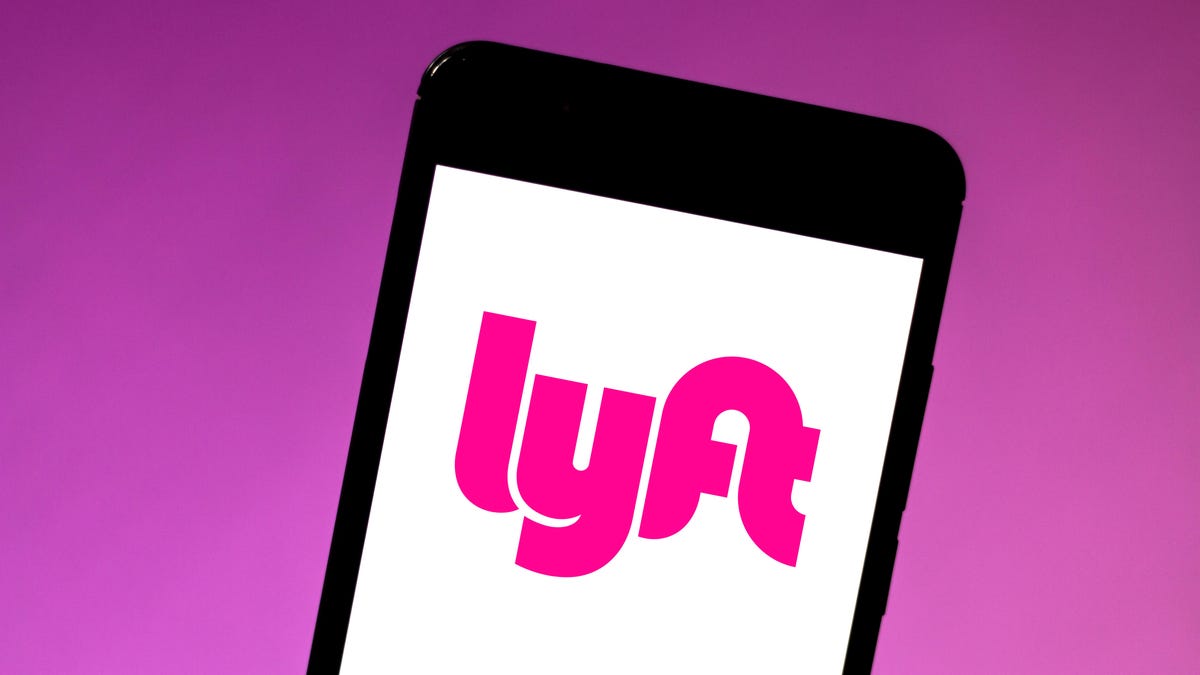Lyft vows to go all-electric by 2030
The ride-hailing giant will seek to overhaul its business to make it more environmentally friendly over the coming decade.

Lyft's got big plans to take its whole business electric by the end of the decade.
Ride-hailing services were initially touted as a way to get people out of their own cars and reduce greenhouse gas emissions, though studies in recent years have shown that isn't what's actually happening.
Lyft , in an effort to reverse this, is committing to its service using only electric vehicles by the year 2030, according to a Lyft blog post Wednesday. Now, 2030 is 10 years away, sure, but there's a lot further to go from the electric car market of today for that change to be feasible.
"Now more than ever, we need to work together to create cleaner, healthier and more equitable communities," John Zimmer, co-founder and president of Lyft, said in a statement. "Success breeds success, and if we do this right, it creates a path for others. If other ride-share and delivery companies, automakers and rental car companies make this shift, it can be the catalyst for transforming transportation as a whole."
The goal of Lyft's plan (PDF) is to be able to reduce the emissions of greenhouse gases by 16 million metric tons and increase EV adoption in California by over 22 times when compared with the California Air Resources Board's estimates for 2030, the company said.
In order to meet its goal, Lyft is working on a multistage plan that includes working with automakers, the Environmental Defense Fund and lawmakers to help make EVs more affordable and accessible for more people. That in and of itself is going to require a Herculean effort, but given Lyft's considerable financial clout, it might make a difference.
Next, the company has to get those newly affordable EVs into the hands of its drivers. That means overhauling its Express Drive program, which provides rental cars to drivers who either don't own suitable vehicles or don't want to use their own cars (understandable, barf smell does't come out). Lyft plans to do this within the next five years, but given driver complaints about the program, it's hard to say how it would work out with potentially more expensive cars, even if gas costs are removed from the equation.
Lyft has already made electric vehicles available for rental through Express Drive in Seattle, Denver and Atlanta, and Lyft says they were in frequent use before the COVID-19 crisis, but we weren't able to find any user accounts of how that pilot program is working on the popular ride-hailing subreddits, so it's hard to say how widely they're being adopted at present.
We were also curious what role the coronavirus pandemic has played in Lyft's electrification plans, to which a Lyft representative replied:
2020 was already a pivotal year for Lyft - in our progress towards profitability, and also for climate change because the Paris Agreement assumes 2020 is the peak year for carbon as a key milestone to reach a 50% reduction by 2030. The COVID crisis brought both of those issues into sharp focus - pushing us to rethink our priorities and focus on cost-effective investments. The COVID crisis presented us with a choice to hunker down or "grow back better" by accelerating the transition to EVs.

